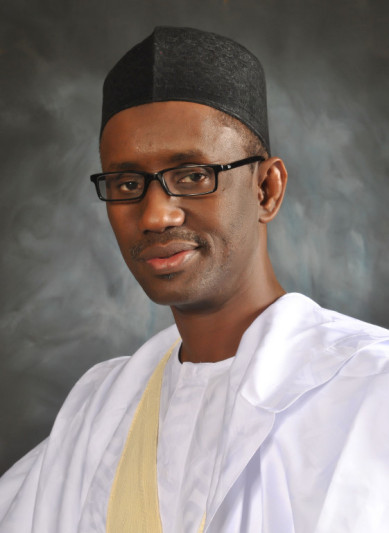Dr. Jim Yong Kim, President World Bank Group has clarified the role played by the Bank in the spending of recovered loot by the late General Sani Abacha, insisting that it played only a limited role, as “the funds were returned directly from Switzerland to the Nigerian government.”
The Bank was responding SERAP’s letter dated April 28 2017, seeking clarifications on its role in the spending of recovered funds stolen by General Sani Abacha. Dr Kim in a letter received by SERAP yesterday said that, “The Bank’s role in this particular case was limited by the design and different from the type of comprehensive audits we can do when funds are spent in projects supported by the Bank.”
The letter signed on Dr Kim’s behalf by Rachid Benmessaoud, World Bank Country Director for Nigeria Africa Region reads in part: Thank you for your letter dated April 28, 2017 to the President of the World Bank Group, Dr. Jim Yong Kim, on the above subject. I am happy to respond on his behalf. We would like to clarify the World Bank’s role in the return of the recovered Abacha funds in 2005-2006.”
“The funds were returned directly from Switzerland to the Nigerian government. They were programmed into the national budget and utilized by the Nigerian government in line with its National Economic Empowerment and Development Strategy (NEEDS). As agreed with the Nigerian and Swiss governments, the Bank’s role was limited to carrying out an ex-post analysis on their use with a particular focus on their contribution to the NEEDS.”
“This was done as part of the public expenditure review carried out jointly by Nigerian government and the Bank under the Country Partnership Strategy. The monitoring and analysis of repatriated funds was undertaken at two levels through: (1) the Bank-led analysis of general budget expenditure trends, and (2) a budget monitoring survey which was a limited field survey of sample projects funded under the budget program and randomly selected from a list of projects provided by the government.”
“The budget monitoring survey was conducted by joint teams representing both government agencies and Nigerian civil society organizations. The Bank’s role in this particular case was limited by the design and different from the type of comprehensive audits we can do when funds are spent in projects supported by the Bank. We would welcome the opportunity to meet with you to explain the Bank’s role in this matter in the near future.”
“We do share your deep commitment to fighting corruption and promoting transparency and accountability. These are key ingredients to successful development and economic wellbeing. We believe that the work organizations like SERAP are doing is critical to achieve our common goal of improving the lives of people in Nigeria and beyond.”
It would be recalled that the Bank had early in the year told SERAP that it could not locate any additional information on the projects executed with recovered stolen public funds by the late General Sani Abacha.
According to the World Bank Access to Information Appeal Committee, “In response to your request under case number AI4288 (related to your initial request case number AI3982), we wish to inform you that we have thoroughly searched our records and databases but have not been able to locate any additional information that is responsive to your request beyond what we have already shared with you. Therefore, we are unable to fulfill your request.”
Also, the Bank last year asked for more time to release details on the spending of recovered loot by Abacha. This followed the bank’s decision to refer “portion of appeal by SERAP to the Bank Archives Unit for processing for public access. The Bank’s request for more time followed the appeal SERAP lodged with the Bank on 5 February 2016 on the ground that the Bank’s decision on its initial request did not reveal “important portions of the information requested on how Abacha loot was spent.”
But dissatisfied with the failure of the Bank to locate additional information, SERAP petitioned Dr. Kim requesting him to use his “good offices and leadership position to urgently address the public perception that the World Bank is seeking to distance itself from responsibility over alleged mismanagement in the spending of recovered Abacha loot.”



